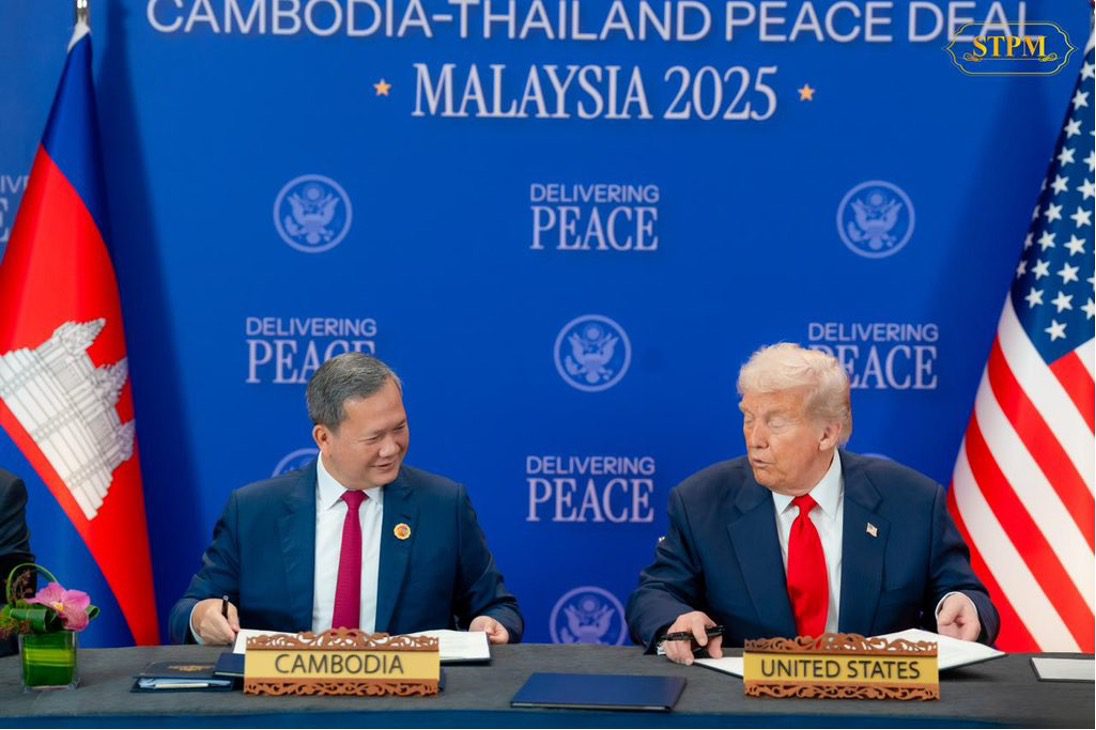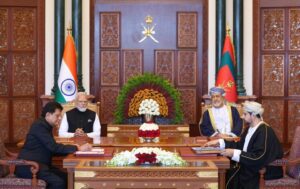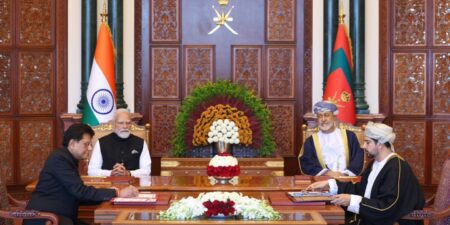
Cambodia-US Trade Pact Expands Market Access and Investment

The BGA Cambodia team, led by Managing Director Bora Chhay, wrote an updated to clients on the new U.S-Cambodia trade pact.
Context
- Prime Minister Hun Manet and U.S. President Donald Trump signed the U.S.-Cambodia Reciprocal Trade Agreement October 26 in Kuala Lumpur on the sidelines of the Association of Southeast Asian Nations (ASEAN) Summit. The agreement elevates their relationship to a mutually beneficial economic partnership, with Cambodia eliminating nontariff barriers and making commitments on intellectual property, customs modernization, labor, environment and digital economy standards.
Specifics
- Reciprocal tariffs: Both sides will apply mutual tariff reductions or eliminations. Cambodia’s schedule 1 and the U.S. schedule 2 define the product coverage.
- Cambodia has agreed to eliminate tariffs on 100 percent of U.S. industrial goods as well as food and agricultural products, which has already been implemented.
- While many goods now enjoy zero tariffs according to the U.S. schedule, some Cambodian exports, especially labor-intensive sectors, remain under a U.S. tariff ceiling of up to 19 percent. The United States shall not apply the additional ad valorem duty from Executive Order 14257 to goods listed for zero duty. For all other goods originating in Cambodia, the extra duty “shall be no higher than 19 percent,” applied in addition to normal most-favored-nation rates.
- The United States will be able to terminate the agreement if Cambodia enters into a new bilateral free trade agreement or preferential economic agreement that Washington believes undermines the agreement.
- Nontariff barriers: Cambodia committed to removing import licensing and technical barriers that limit U.S. exports. Both sides will streamline regulatory requirements and approvals, including testing and conformity standards for industrial and consumer goods to avoid duplicative conformity and testing requirements.
- Industrial and medical goods: Cambodia will recognize U.S. Federal Motor Vehicle Safety Standards for vehicles and accept U.S. Food and Drug Administration approvals and clearances for medical devices and pharmaceuticals. It will also recognize audits conducted under the Medical Device Single Audit Program, removing duplicative local testing and approval requirements for U.S. manufactured products.
- Agriculture and food standards: In addition to providing nondiscriminatory market access for U.S. agricultural goods, Cambodia will recognize and adopt science-based sanitary and phytosanitary rules in alignment with U.S. and international standards. This includes accepting currently agreed certificates issued by U.S. regulatory authorities.
- Intellectual property:Cambodia will be required to adopt and ratify key World Intellectual Property Organization and WTO-related intellectual property agreements (although there is no specific timeline), strengthen copyright and trademark enforcement and combat online piracy and counterfeiting.
- Economic security cooperation: Both sides will coordinate on export controls, sanctions and anti-smuggling measures, especially as it relates to third-country trade distortions. Cambodia agreed to share data with U.S. authorities where appropriate. Cambodia will also look to combat practices that evade duties applied by the United States, including illegal transshipment, and will enter into a duty evasion cooperation agreement with the United States. The Trump administration is particularly sensitive about China using shipments through its neighboring countries to avoid higher tariffs on Chinese goods.
- Customs modernization: Cambodia will fully digitalize its customs procedures, implement pre-arrival processing and enhance trade transparency within five years of the date of entry into force of the agreement.
- Investment access: Investors from the United States will be treated the same as domestic investors in Cambodia’s critical minerals, energy, telecommunications, transport and infrastructure sectors. In upholding minimum standards of international law, this agreement will not override Cambodian domestic law on land ownership or other reserved sovereign rights, with investors remaining subject to Cambodian investment and property law and any applicable restriction.
- Review and amendment mechanism: The agreement allows future amendments and consultations to expand market access, particularly for sectors that are still under tariff ceilings.
We will continue to keep you updated on developments in Cambodia as they occur. If you have any comments or questions, please contact BGA Cambodia Managing Director Bora Chhay at bchhay@bowergroupasia.com.
Best regards,
BGA Cambodia Team

Bora Chhay
Managing Director
Bora leads BGA’s practice in Cambodia. He is a highly regarded government affairs and public policy expert who helps clients resolve business issues, navigate regulatory and legal challenges, expand operations, explore new investment opportunities and enter Cambodia’s market. Prior to joining BGA, Bora served for five years as a fast-moving consumer goods (FMCG) corporate and regulatory affairs professional. In this role, he helped transform his company’s government relations and corporate affairs unit into a more effective business-driven group. Notwithstanding Cambodia’s difficult and highly regulated macro environment, Bora played a key role in developing and executing government relations and corporate affairs ... Read More
×






















